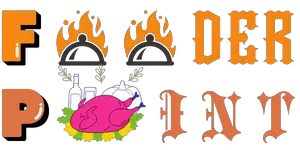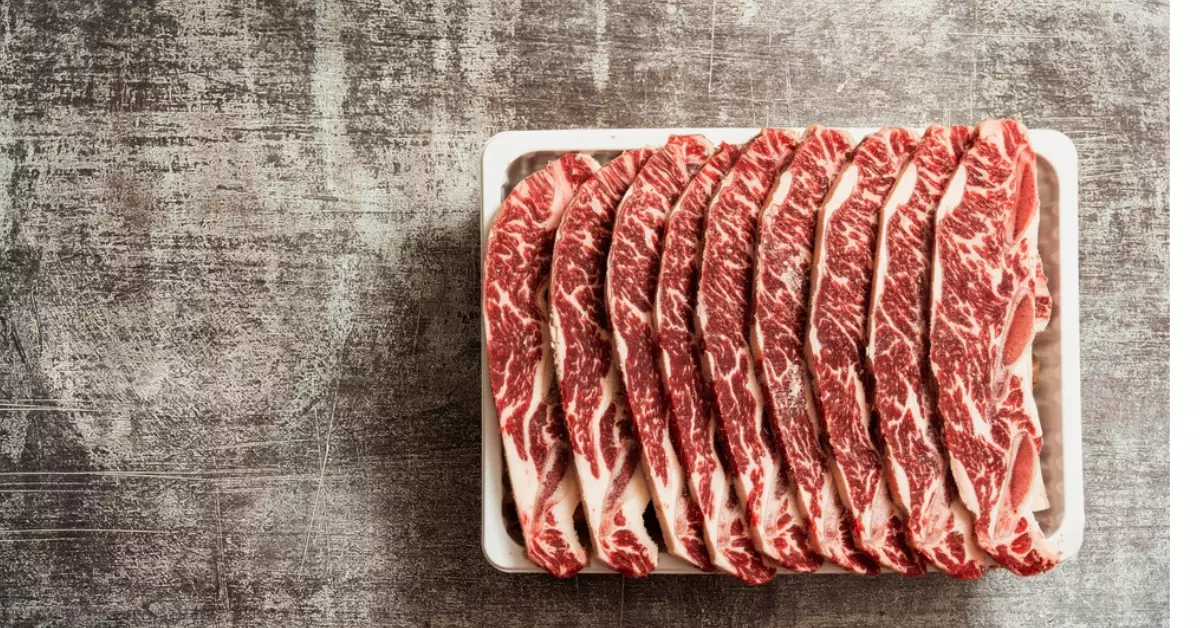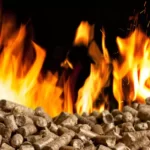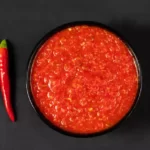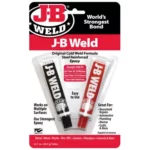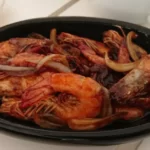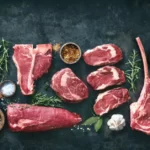There’s a certain charm and flavor that comes with smoked meat, a flavor that transcends the conventional ways of cooking. Among the various kinds of smoked meat, brisket holds a special place, the delicate balance of fat and lean meat providing a mouthwatering taste and texture when properly smoked. But what happens when the brisket is frozen? Can it go straight from the freezer to the smoker?
The simple answer is yes, you technically can smoke a frozen brisket. However, smoking a frozen brisket might not yield the best results, as the science of cooking prefers thawed meat over frozen. A frozen brisket may lead to an uneven cook and lack the rich, smoky flavor that a carefully thawed and prepared brisket can offer.
This exploration isn’t just about whether a frozen brisket can be smoked, but rather, about what makes smoking such a unique method of cooking meat and how the state of the meat, whether frozen or thawed, influences the outcome.
Frozen Brisket: A Closer Look
Impact of Freezing on Meat Quality
Freezing, a common method of meat preservation, can impact the texture and taste of meat. When water in the cells freezes, it expands, damaging the cell walls. Once thawed, these cells lose water, leading to dryer meat.
Why People Freeze Brisket
People often freeze brisket to increase its shelf life. However, it’s crucial to note that freezing should be done properly, using vacuum-sealed packages or freezer-safe bags, to prevent freezer burn and maintain quality.
Frozen vs. Thawed Brisket: The Differences
A thawed brisket allows for even distribution of heat during the cooking process, thereby ensuring a uniform level of doneness. On the contrary, a frozen brisket may lead to an uneven cook, with the outer layers overcooked while the inside remains undercooked.
The Question at Hand: Smoking a Frozen Brisket
Common Concerns: Is it Possible?
Yes, it is possible to smoke a frozen brisket. However, it is essential to understand the implications of this method. Directly smoking a frozen brisket without any thawing can result in a range of issues from uneven cooking, reduced flavor absorption, to potential safety risks.
Each of these concerns impacts the final quality and taste of the smoked brisket, arguably one of the most crucial aspects for any barbecue enthusiast.
Prevalent Myths
A common myth around smoking a frozen brisket is that it saves time. This misconception possibly arises from the perception that one can skip the thawing time. However, this is far from the truth.
The reality is that the smoker will first need to thaw the brisket before it can even start cooking it properly, resulting in a longer overall cook time. Moreover, this extended time in the smoker could potentially lead to the outer layers of the brisket getting overcooked while trying to ensure the interior reaches a safe temperature.
Problems with Smoking a Frozen Brisket
Difficulty in Seasoning
The art of smoking brisket is not just about cooking the meat but also about flavoring it. Seasoning plays a key role in achieving a flavorful brisket. With a frozen brisket, the seasonings do not get absorbed effectively. The low temperature of the frozen meat prevents the spices and rubs from penetrating deep into the fibers, leading to a lackluster flavor profile.
Inconsistent Cooking
A fundamental principle in cooking meat is even heat distribution. When the brisket is frozen, the heat from the smoker first goes into thawing the meat before it begins to cook. This sequence results in the outer layers of the brisket getting exposed to the heat for a much longer duration than the inside, leading to overcooked exteriors and potentially undercooked interiors.
Safety Concerns
Another critical aspect to consider while smoking a frozen brisket is food safety. The USDA recommends that the minimum internal temperature of smoked brisket should reach 145°F, with a resting time of at least 3 minutes. For a frozen brisket, reaching this safe internal temperature uniformly throughout the meat can be challenging due to the uneven heat distribution.
Proper Preparation for Smoked Brisket
The Importance of Thawing
Proper thawing is integral to preparing a brisket for smoking. Thawing the brisket allows for better seasoning absorption and more consistent cooking. It aids in achieving a uniformly cooked, juicy, and flavorful brisket.
Choosing the Right Cut
The right cut of brisket also impacts the end result. While smoking a brisket, choosing between a flat cut or point cut becomes important. The flat cut, leaner and more uniform in shape, is ideal for slicing and serving. The point cut, though less uniform, is fattier and can deliver a more flavorful and juicy end product.
Seasoning for Maximum Flavor
Dry rubs are typically preferred for smoking briskets. A combination of salt, pepper, sugar, and other spices, according to taste, makes for a good rub. The thawed brisket should be evenly coated with the rub and left to sit, ideally overnight, in the refrigerator. This resting period allows the meat to absorb the flavors from the rub, enhancing its taste upon smoking.
Ideal Smoking Temperature and Time
Smoking a brisket is all about slow cooking. The smoker’s temperature should ideally be maintained at 225°F. The cook time depends on the brisket size, with an average of 1 to 1.5 hours per pound. Remember, the goal is to reach an internal meat temperature of 195°F to 205°F, which is the perfect range for a tender and juicy brisket.
Thawing a Frozen Brisket: Best Practices
Safe Thawing Methods
The refrigerator method is the safest and most recommended method for thawing a brisket. It preserves the meat quality and minimizes the risk of bacterial growth. However, it requires significant time – roughly 24 hours for every five pounds of meat.
Time Needed for Thawing
The time needed for thawing depends on the brisket’s size. A large brisket could take up to 6 to 7 days to thaw completely in the refrigerator. Hence, planning is critical when intending to smoke a brisket.
Post-Thaw Preparation
After the brisket has thawed completely, it needs to be prepared for smoking. This preparation involves patting the brisket dry and then applying the rub evenly. Allowing the seasoned brisket to rest in the refrigerator will enable the flavors to seep into the meat.
Tips for Smoking a Perfect Brisket
Preparing the Smoker
Preheat the smoker to the required temperature of 225°F. Using a combination of charcoal and wood can provide a consistent heat source and add to the smoky flavor.
Monitoring Temperature
Use a good quality meat thermometer to regularly check the internal temperature of the brisket. Aim for a temperature range of 195°F to 205°F for optimum tenderness.
Resting the Brisket
Once the brisket is smoked to the right internal temperature, it should be taken out of the smoker and allowed to rest for at least an hour before slicing. Resting lets the juices redistribute within the brisket, ensuring every slice is moist and flavorful.
Frozen Brisket: A Compromise or a No-Go?
Expert Opinions
Most barbecue experts and enthusiasts recommend against smoking a frozen brisket. The potential issues like uneven cooking, safety concerns, and reduced flavor make it a less than ideal choice.
When Could It Be a Reasonable Option?
The only time smoking a frozen brisket might be considered is when there is a lack of time for proper thawing. However, even in such cases, it is crucial to manage expectations regarding the brisket’s flavor and texture.
Frequently Asked Questions
Is it safe to smoke a frozen brisket?
Yes, it’s safe as long as the internal temperature of the brisket reaches the recommended 145°F. However, this might be challenging to achieve uniformly in a frozen brisket.
How long does it take to smoke a frozen brisket?
It takes significantly longer to smoke a frozen brisket than a thawed one. Expect it to take at least 1.5 to 2 times longer.
Can I thaw a brisket quickly if I want to smoke it?
Quick thawing methods, like using a microwave or placing the brisket in warm water, are not recommended as they can lead to uneven thawing and potential growth of harmful bacteria.
Conclusion
The science of smoking meat, particularly a beautiful cut like brisket, is intricate and precise. The state of the meat plays a crucial role in the end product, which is why most BBQ enthusiasts prefer to smoke a brisket that has been properly thawed.
While you can smoke a frozen brisket, the likely result is an uneven cook and a lack of depth in flavor due to inadequate seasoning. In other words, it’s doable but not recommended.
In the realm of BBQ, patience often results in the most rewarding outcomes. From selecting the right cut and seasoning it to monitoring the smoke and letting the cooked brisket rest, each step is a testament to the art of slow cooking. Therefore, as you embark on your BBQ journey, take the time to properly prepare your brisket, and your taste buds will thank you.
